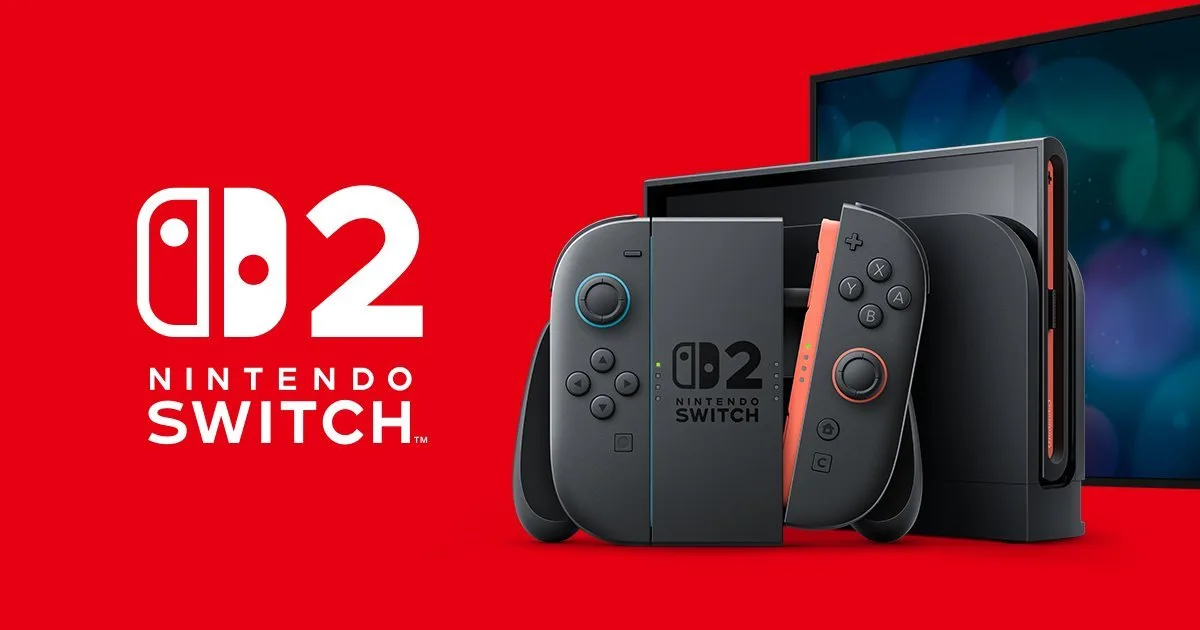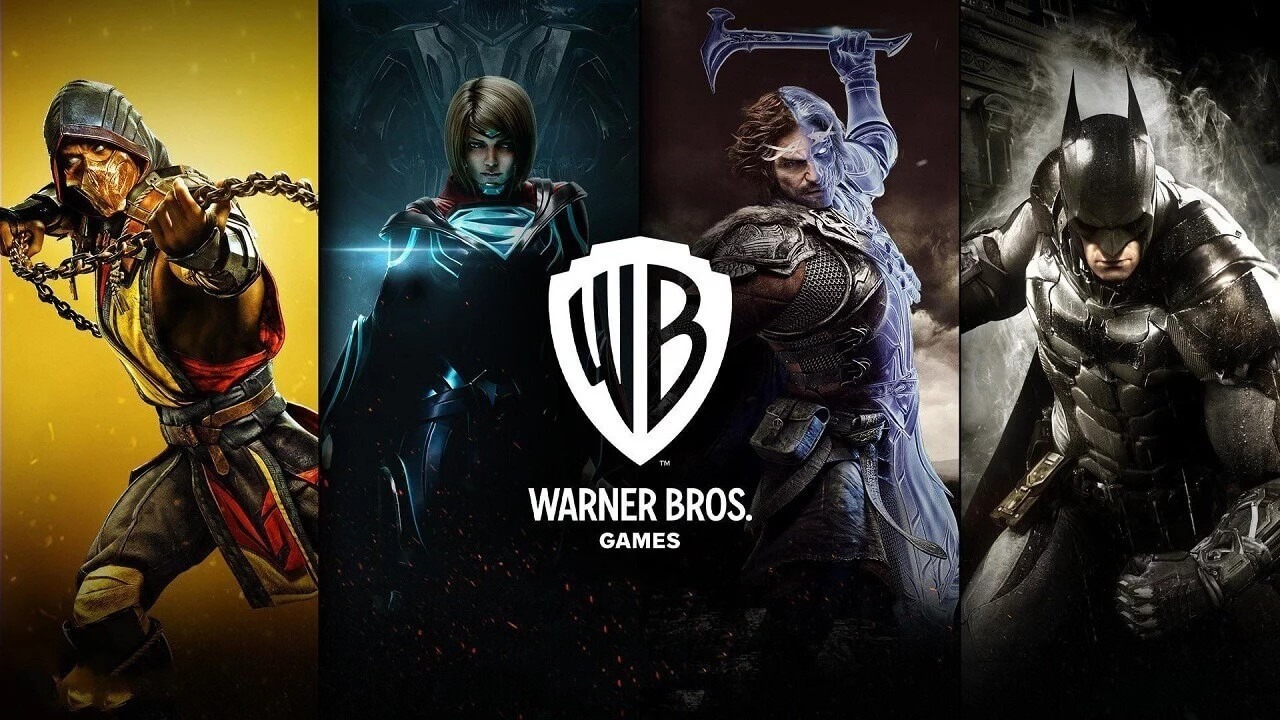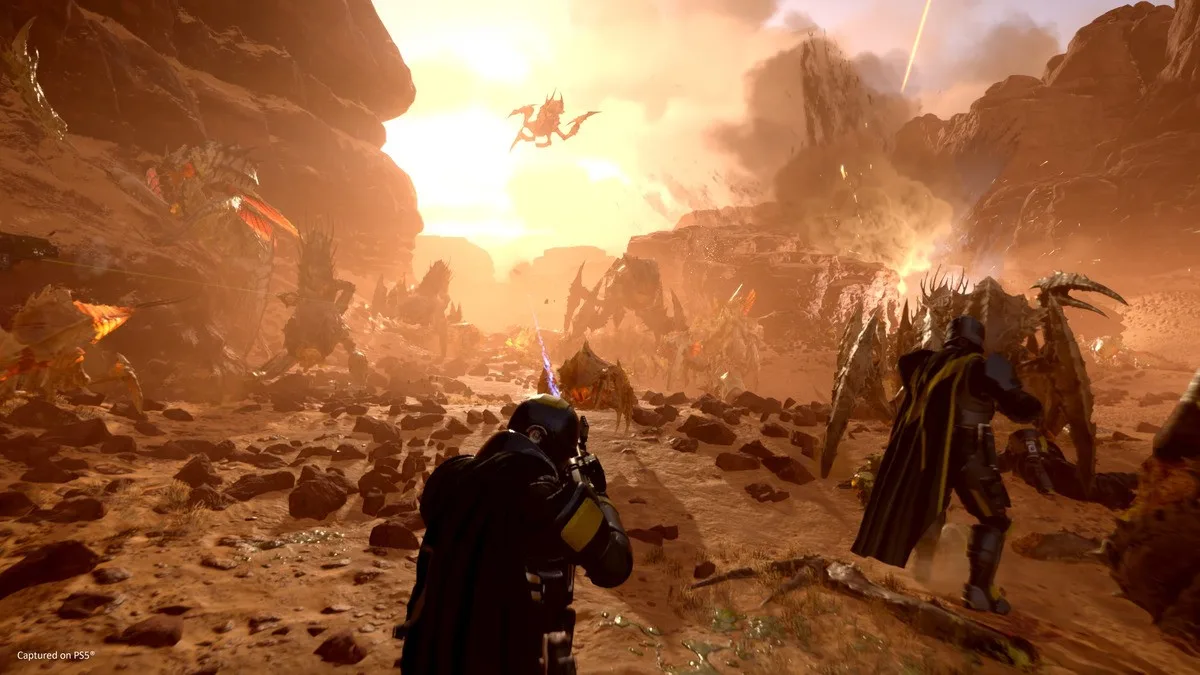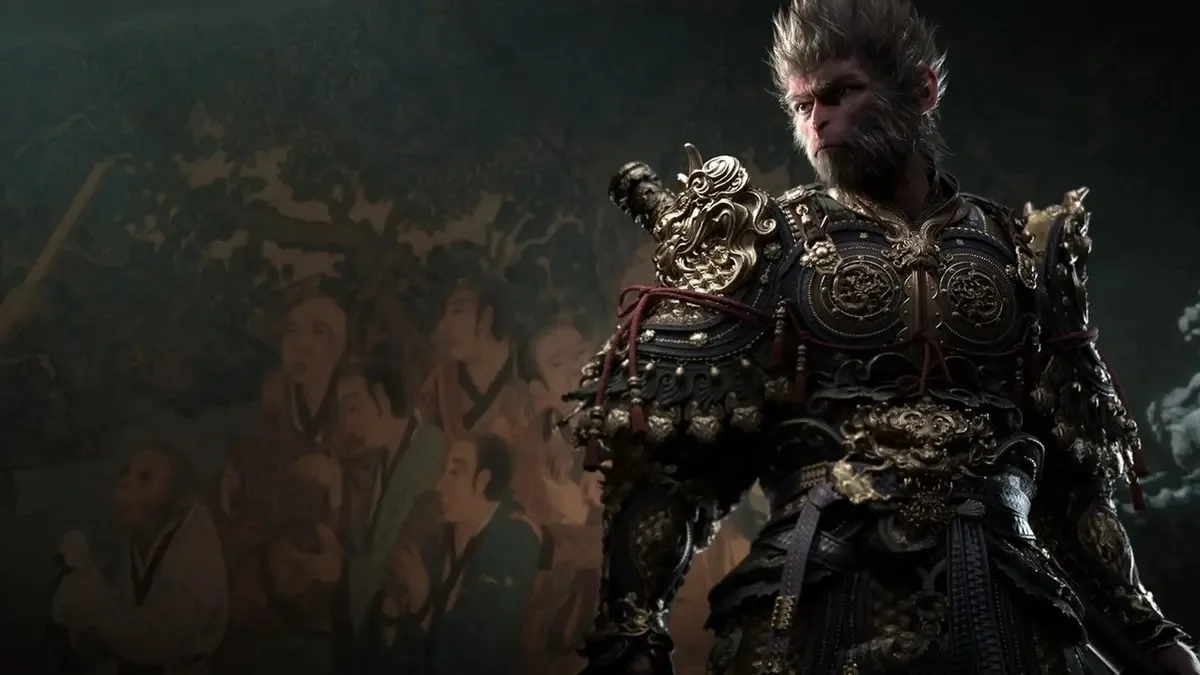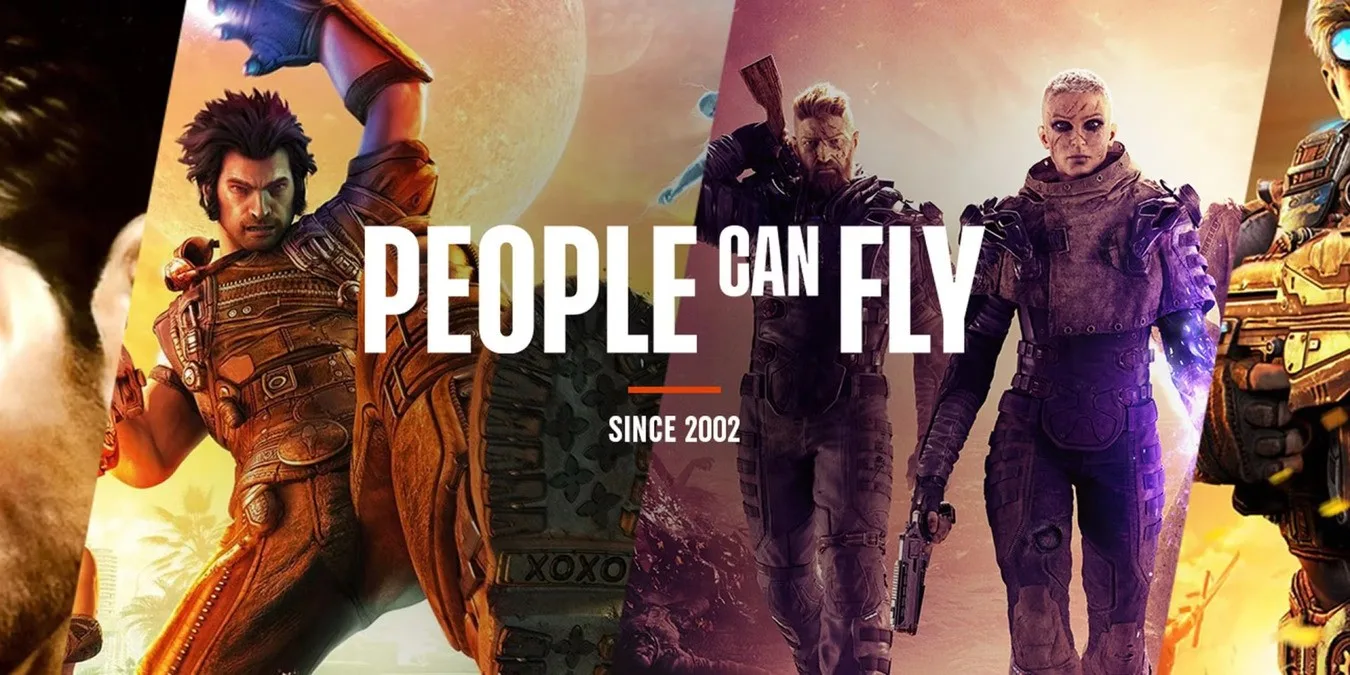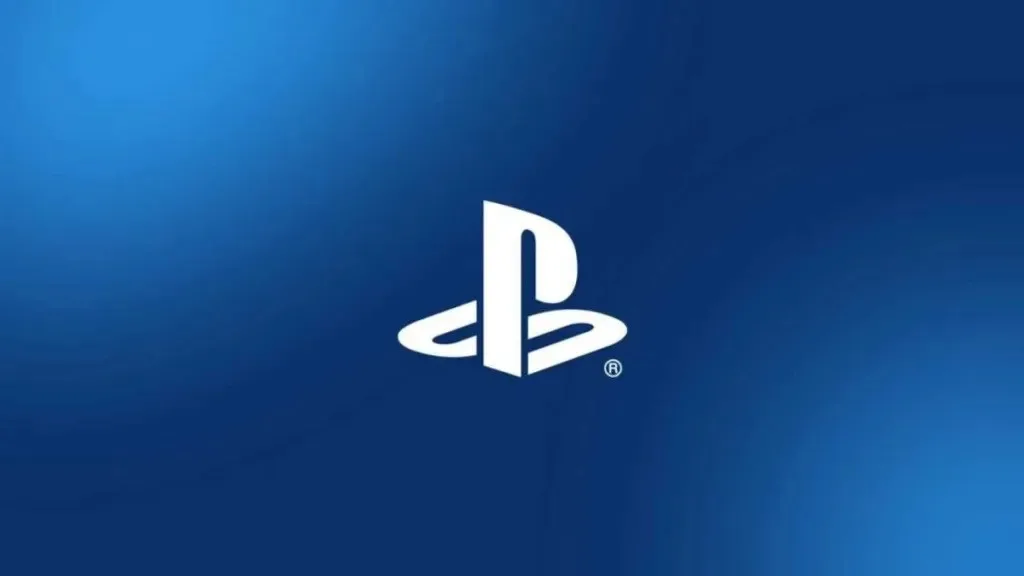
Breaking Down Sony Investor Day 2025: PlayStation’s Next-Level Play
This week’s Sony Investor Day wasn’t just another earnings call—it was a full-throttle, 360° look at how PlayStation plans to dominate the next console generation. From beefy financial targets to jaw-dropping game Sony Investor Day… Breaking Down Sony Investor Day 2025: PlayStation’s Next-Level Play


